Have we ever needed Christianity more than we do today? It’s a rhetorical question, for sure, because the loss of our faith and the inability to confront Islam have never been greater. When I was a little boy during the war, my mother assured me that if I believed in Jesus everything would be OK. This was during the Allied bombing on Tatoi, the military airfield near our country house where the Germans concentrated their anti-aircraft guns. My Fräulein, the Prussian lady who brought me up, was more practical. She handed me a beautiful carved knife that made me feel safer than my prayers ever did.
Today, of course, 74 years later, my prayers are far more likely to give me peace of mind than a knife in my pocket. That’s the difference between being five and 79 years of age. Mind you, now I pray only for the safety and welfare of my children and their mother. My soul I sold to the devil long ago. No prayers will save that loser. At times, during Christmas and Easter, when I go to church, light a candle and sit alone in a pew, all these memories come flooding back, especially my fear of the noisy Anglo-American bombs that rained down around us, and how only the steel in my pocket gave me courage.
Atheists seem to be le goût du jour. Our celebrity culture has no room for faithful people, especially Christians; only Islam enjoys that privilege. In 1966 Time magazine shocked its readers with a cover that asked whether God was dead. I remember it well because Henry Luce died soon after. Was there a hidden message somewhere, I wondered? But Luce was a devout Christian and a great believer in the Almighty, unlike Christopher Hitchens, whose favourite targets were priests, Mother Teresa and God, a Christian God whose followers turned the other cheek. The Hitch had very little to say against Allah because he knew the latter’s followers did not take kindly to cheap remarks against him. Hitchens deplored Christmas, ‘the collectivisation of gaiety’ and ‘compulsory bad taste’, as well he should have, being an opportunist. Atheism gets you in through the front door, Christianity is reserved for the trade entrance. He hated the ‘confessional drool’ that families mailed to each other, especially simple people who believe in love and forgiveness.
The evolutionary biologist Richard Dawkins is an atheist hard to dislike. He’s charming, learned and intelligent, and never a bully. Ditto some ancients — here I rely on the ancient Athenian Taki and his epigrams — such as Socrates and his ilk. Also Voltaire and Mill, and so on. The first modern to go atheist and announce that God had had it was Nietzsche, who predictably went bonkers. Terrific shits like Freud and Picasso were atheists, as were French fries like Michel Foucault and Jacques Lacan, and our very own H.G. Wells. And James Joyce and Philip Roth. One thing all these talented writers and thinkers have in common, apart from their disbelief in the Almighty, is great physical ugliness. That alone should explain it.
The great 20th-century theologian Paul Tillich wrote that to believe that God is active at all times, being out there somewhere, dwelling in a special place and being affected by events, is a shallow supposition: ‘Literalism deprives God of his ultimacy.’ That’s where ‘there is no God’, the cry from the heart of those who have lost a loved one, comes from. Ditto the old saw that you need God in order to be good. God is what makes us understand the difference between good and evil, take it from Taki.
The ultimate irony, needless to say, is that Charles Darwin said he believed in God. Let’s face it: most intelligent people believe in God, as did most world leaders in the past. My uncle, a war hero in the Albanian campaign when we wiped out the Italians, once told me that he had never seen courage like that shown by priests and medical orderlies in the thick of battle. Unarmed and without helmets, they would give the last rites to the dying and tend to the wounded. While soldiers dived into their foxholes, they would go out in the open field and make the sign of the cross over the fallen. God, in most cases, protected them. Go figure, you non-believers.
This is my 38th Christmas column, and of course it seems like yesterday that I wrote the first one. It was in my father’s London office in Albemarle Street. I used clichés galore and didn’t mention God once, just Christmas parties. I have probably come full circle. When Thomas Jefferson wrote that ‘all men are created equal’ he called the proposition self-evident. It was a very Christian thing to say because not all men are created equal. They have equal rights under God, and it is only a Christian God that ensures the latter. Just look at what Islam is doing to its adherents, how it has cheapened life to the extent that people volunteer to blow themselves up in order to get some rice and some virgins, and compare that to Christianity. The idea of the preciousness and equal worth of every human being is largely rooted in Christianity. Have a very happy Christmas and defend our faith. And, if need be, carry a knife.
Got something to add? Join the discussion and comment below.
Get 10 issues for just $10
Subscribe to The Spectator Australia today for the next 10 magazine issues, plus full online access, for just $10.
You might disagree with half of it, but you’ll enjoy reading all of it. Try your first month for free, then just $2 a week for the remainder of your first year.


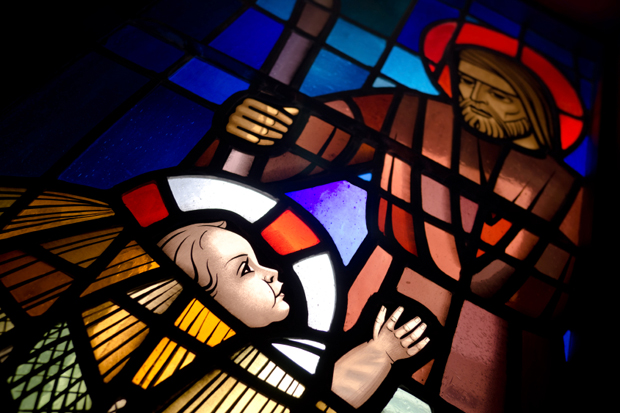
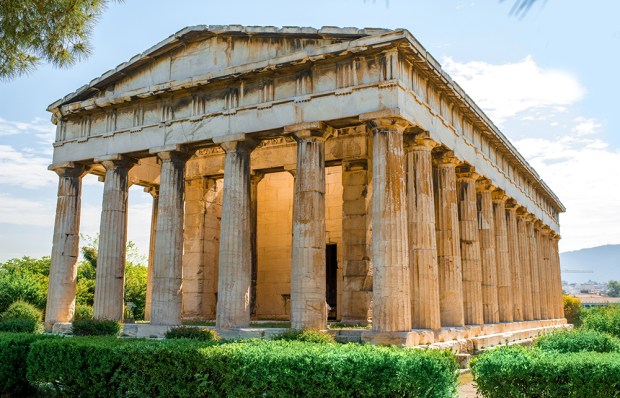
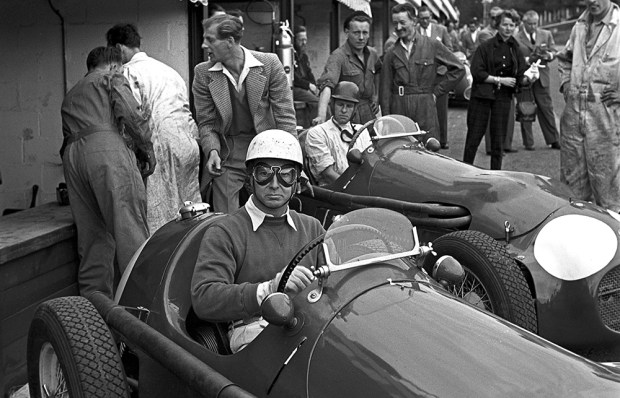
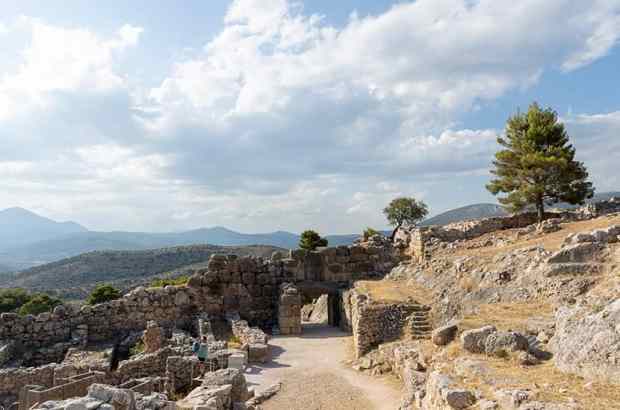
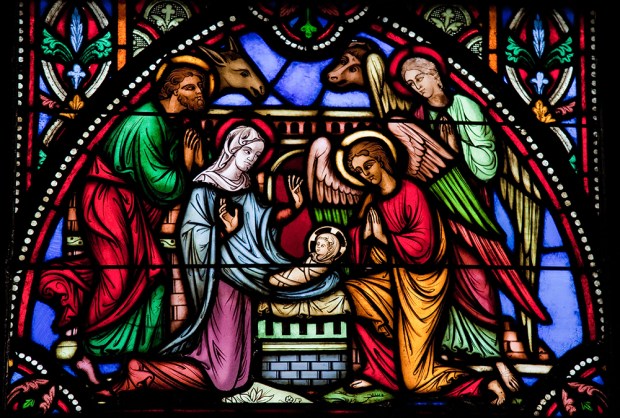
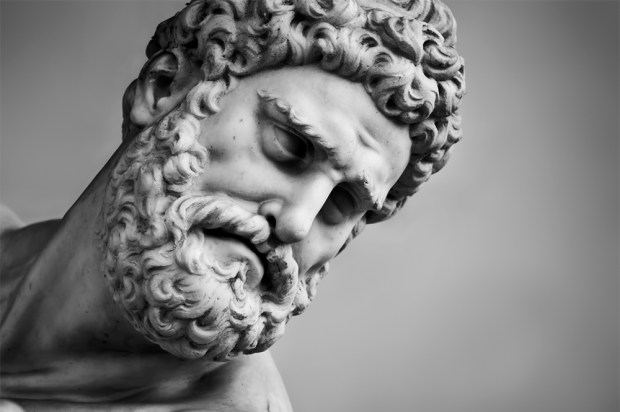
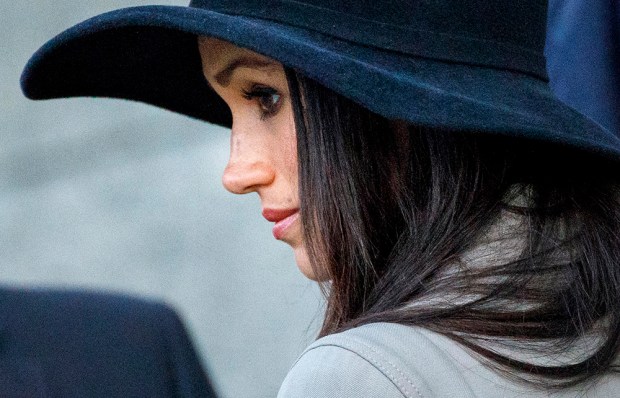






Comments
Don't miss out
Join the conversation with other Spectator Australia readers. Subscribe to leave a comment.
SUBSCRIBEAlready a subscriber? Log in